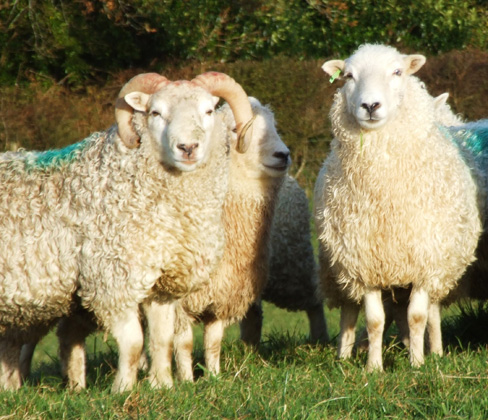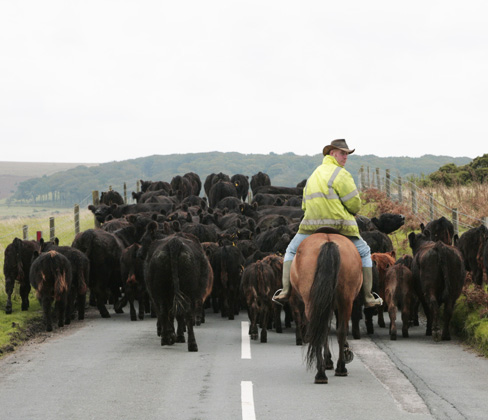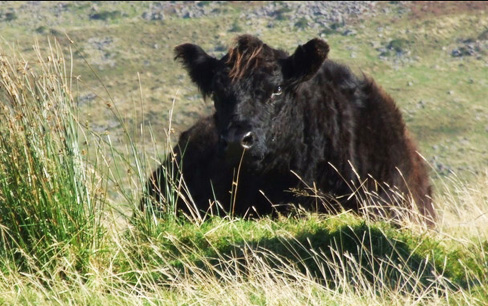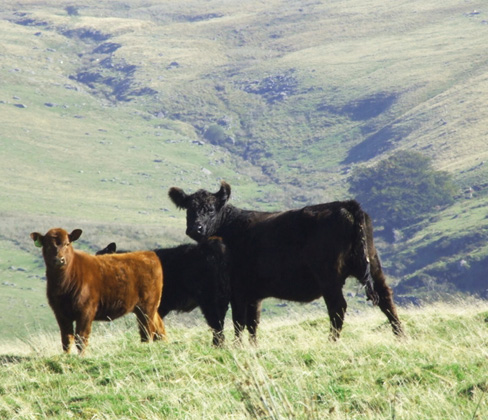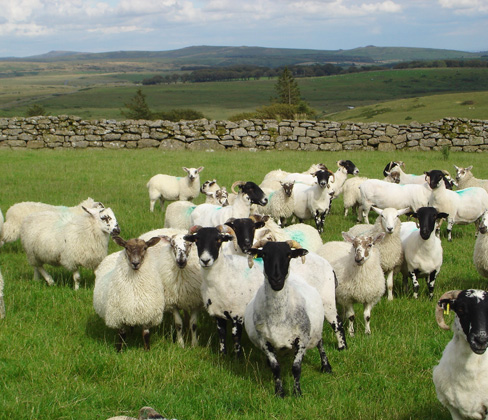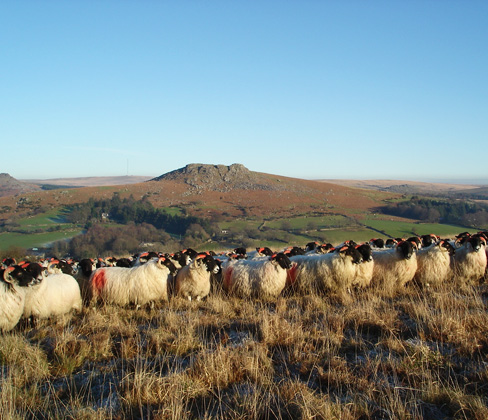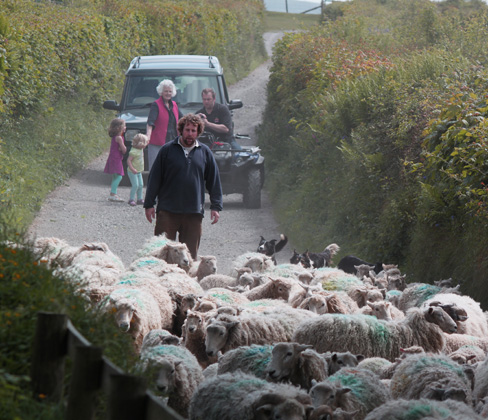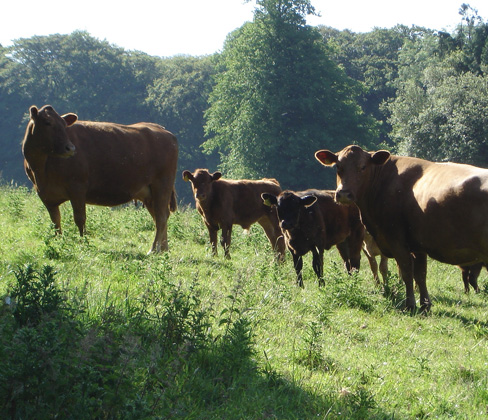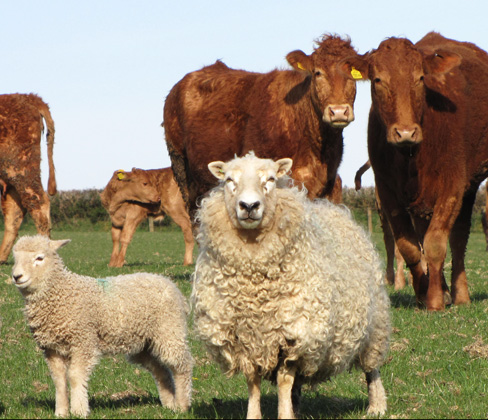PHOTOS: Dartmoor Farmers meat venture
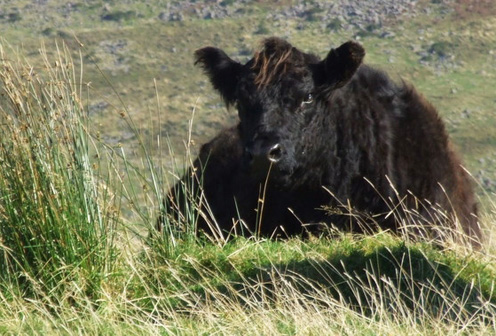
Four years ago, a group of Dartmoor farmers got together to develop a new direct meat marketing venture. Farmers Weekly finds out how they have fared. Read the article and see the stunning photo gallery below.
With the benefit of hindsight, launching a new direct meat sales business in 2008 could not have been worse timing. The country was on the brink of recession and cattle prices were set to reach record high levels. The determination of these farmers has ensured that, four years on, they are not only still in business but thriving.
“When we started out we thought it was a brilliant idea, and business was going to fly in,” says director Andy Bradford. “But it is a very competitive marketplace, and you can’t expect to rule the world in four years.
“I think we’ve reached a real milestone – we’ve learnt a lot and have a better understanding of the supply chain and the costs of processing and marketing your own meat. It’s given our members great pride in what they are doing, and it’s nice to have some control over your own destiny.”
Dartmoor Farmers’ Association
Originally starting out with 30 members, Dartmoor Farmers’ Association has grown to more than 50 members, farming 20,946 acres and with 3,680 suckler cows and 18,329 breeding ewes. “We are employing the equivalent of 120 full-time workers – plus additional family members as and when required.”
Dartmoor Farmers Limited, the direct marketing arm, now processes eight cattle and 50 lambs a week, generating a turnover of about £500,000 a year. “We hope by the end of this year that we will be increasing beef sales to 800-1,000 cattle a year and lamb sales to 2,500-3,000 head.” Sales are made through the website, as well as through local butchers and pubs.
“Having a presence online is critical,” says Mr Bradford. “We were quite disappointed in the painfully slow growth of the box sales – you need a large audience to bring in substantial sales. To do this you need to be very aggressive about keeping your website optimised with the search engines, which requires serious financial investment.
“However, we’ve just joined Twitter and Facebook, which has triggered a welcome rush of new interest outside the South West.” The group has enlisted the help of a part-time marketing specialist, and taken expert advice on website development. “In hindsight, we should have created a website that was two tiered from the outset – addressing the domestic consumer on one hand and trade on the other. But we couldn’t have predicted that.”
New markets
Potential new markets lie in London and high-quality retailers, although they hold their own problems, he adds. “Waitrose has been really supportive, but it’s looking for 10,000 lambs at a certain time and a certain grade. Finding enough supply in a strong marketplace with lots of competition can prove difficult – cattle prices are very high at the moment.”
Although the group originally set out to pay a premium price, it soon realised that was unrealistic, so instead it pays a market rate and aims to achieve a higher carcass value by making better use of the meat. “There’s very little trim so you get £20-£30 extra per carcass.”
Sustainable buisness
All the meat must be from a native breed, raised and finished on Dartmoor by farm-assured producers working within Environmental Stewardship Schemes. “Some of us have had to adjust our systems – I produce suckled calves and used to sell to lowland finishers – now the calves have to remain within the National Park,” says Mr Bradford.
“It can also be difficult balancing your time between the businesses, but it’s worth it.” The group has made the most of grant funding opportunities, as well as raising capital from its own members – and last year won a number of accolades at the prestigious Taste of the West awards, including Producer of the Year. “You can’t buy that; you have to earn it.”
But the real idea is to create a sustainable business through closer collaboration, and DFL is certainly achieving that. “On the open market, we, as hill farmers, are very vulnerable – we just can’t compete. Hill farming can be a lonely and isolated existence, but we now have a growing support network of other likeminded farmers to share knowledge with.”
For more on this topic
Watch the Dartmoor Farmers film on their website

